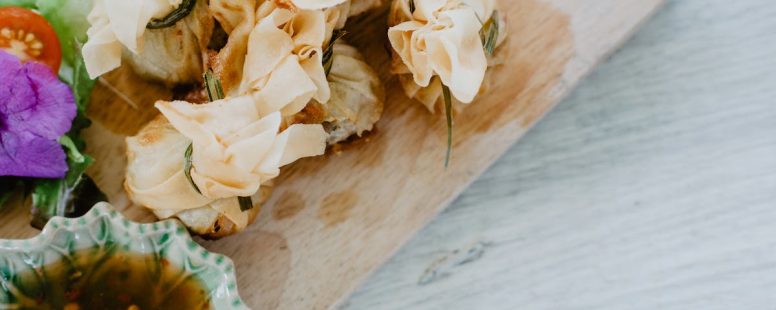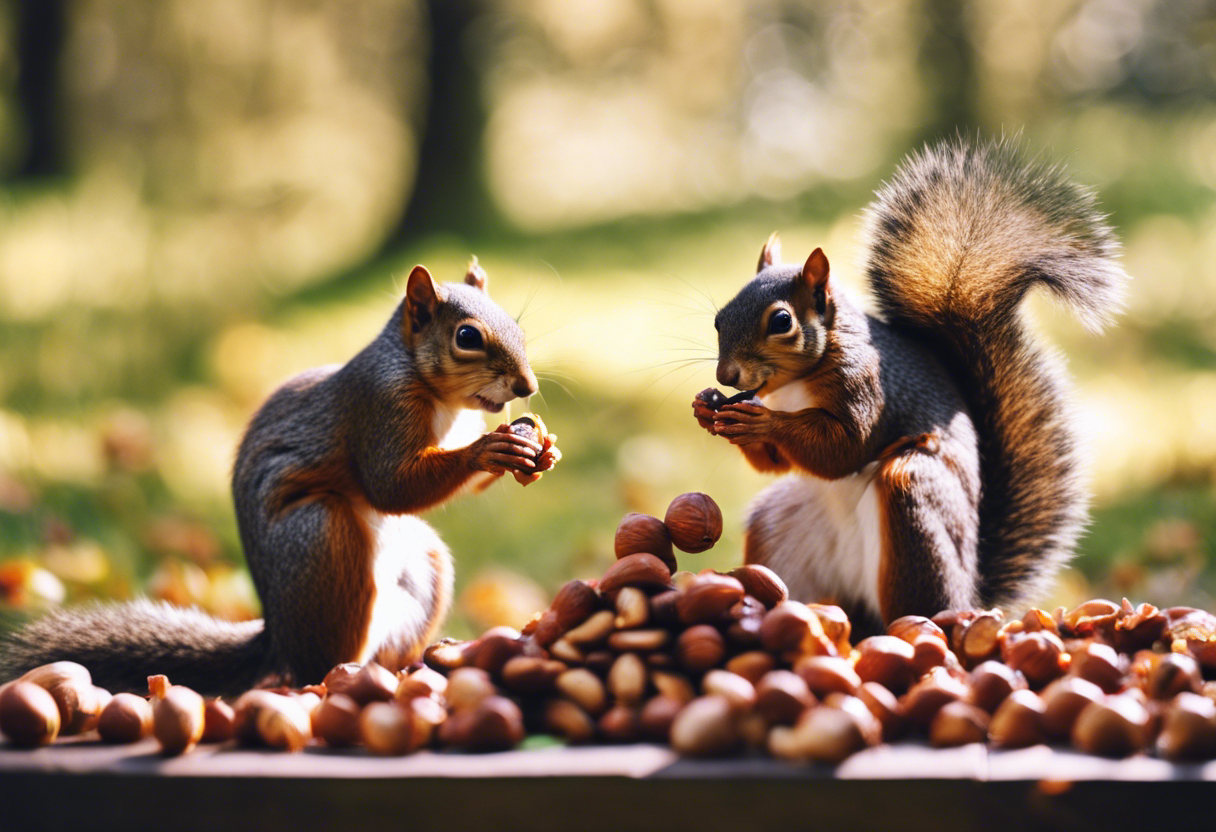Can Squirrels Eat Corn? Risks & Diet Tips for Healthy Squirrels
You’ve probably seen squirrels munching on a variety of foods, but when it comes to corn, is it a squirrel-friendly snack? In this article, you’ll discover if these bushy-tailed creatures can safely enjoy corn as part of their diet.
We’ll dive into the nutritional benefits and potential risks of feeding corn to squirrels. Understanding what’s best for these adorable backyard visitors is key, so stick around to learn how to keep your local wildlife happy and healthy.
Nutritional Value of Corn for Squirrels
When you’re considering feeding corn to your local squirrels, understanding the nutritional benefits of corn is crucial. Corn is a source of essential nutrients that can be a beneficial supplement to a squirrel’s diet. It provides carbohydrates that offer energy, and it’s also rich in fiber, which is good for a squirrel’s digestive system.
The yellow kernels are packed with vitamins like Vitamin A, Vitamin B, and Vitamin E, which support the squirrel’s vision, reproductive health, and immune system. Moreover, corn contains minerals such as magnesium, potassium, and zinc. These play an important role in bone health and metabolic processes.
Here’s a snapshot of the nutritional content found in corn that’s important for squirrels:
| Nutrient | Function |
|---|---|
| Carbohydrates | Provide energy |
| Fiber | Support digestive health |
| Vitamin A | Promote good vision |
| Vitamin B | Aid in brain function |
| Vitamin E | Boost immune response |
| Magnesium | Regulate metabolic processes |
| Potassium | Maintain fluid balance |
| Zinc | Support growth and healing |
Even though corn can be a valuable food item for squirrels, it’s crucial to balance it with other foods. Squirrels thrive on a varied diet. They naturally eat a mix of nuts, seeds, fruits, and vegetables. So while corn can be part of their intake, it should not be the only thing they munch on.
Remember, corn is best offered in moderation. Feeding squirrels too much corn can lead to nutritional imbalances and health issues. When setting out corn, you might opt for dried corn cobs or loose kernels. These can provide a fun foraging activity for squirrels, keeping them active and entertained. Feeding them this way mirrors their natural eating habits and keeps them fit.
By integrating corn into a squirrel’s diet responsibly, you help ensure these lively creatures maintain their zest and vitality. Make sure their little feasts are diverse to replicate their natural feeding patterns and give them the benefits of a well-rounded diet.
Can Squirrels Safely Eat Corn?
Corn is generally safe for squirrels when consumed in appropriate amounts. It’s a food that’s not only common in many backyards but also easy for these nimble creatures to find in their natural habitat. When you’re considering feeding corn to squirrels, it’s crucial to ensure that the corn is either fresh or dried, as moldy corn can be harmful due to the presence of aflatoxins, which can cause serious health issues in squirrels.
You might wonder if there’s any special way to serve corn to these little critters. Offering dried corn cobs allows squirrels to engage in a gnawing activity that’s beneficial for their dental health. Loose kernels, on the other hand, can be scattered around to encourage foraging behavior. This can be particularly entertaining if you enjoy watching squirrels search for their food.
It’s worth noting that while squirrels are fond of corn, their diet should not rely solely on it. High-carbohydrate foods like corn must be balanced with other nutritious options such as nuts, seeds, fruits, and vegetables. This ensures that squirrels receive a broad range of nutrients to keep them healthy and active.
Whether you’re feeding wildlife in your backyard or just curious about squirrel dietary habits, be mindful of the quantity of corn you provide. A handful of kernels or a small cob per squirrel is more than enough to satisfy their cravings without overindulging them. Remember, moderation is key to a healthy squirrel diet, and providing a variety of foods can help replicate the diverse eating patterns squirrels would experience in the wild.
Before making corn a regular part of a squirrel’s diet, it’s always a good idea to research or consult a wildlife expert. They can offer specific advice tailored to the needs of wildlife in your area, ensuring that your furry friends stay both happy and healthy.
Potential Risks of Feeding Corn to Squirrels
When you’re considering offering corn to squirrels, it’s crucial to be aware of the potential risks involved. While corn can be a source of energy for squirrels, it also poses dangers that shouldn’t be overlooked.
Mold and Fungus growth on corn, particularly when it’s stored improperly, can lead to the production of mycotoxins like aflatoxins. These substances are incredibly toxic and can result in severe health issues in squirrels, including liver damage and immune suppression. It’s essential to ensure that the corn you give is fresh and stored in a dry environment to reduce the risk of mold.
Unbalanced nutrition is another concern. Corn, while nutritious, doesn’t offer a complete dietary package for squirrels. It’s high in carbohydrates and lacking in the essential fats and proteins that squirrels need for optimal health. Too much corn can lead to nutritional imbalances, so it should only be part of a varied diet that includes nuts, seeds, fruits, and vegetables.
Overfeeding poses a threat as well. Squirrels might find corn so appealing that they overindulge, which can cause obesity and related health issues. You should regulate the amount of corn you scatter for them to prevent this issue.
Remember that wildlife has different needs based on the species and their natural habitat. What’s suitable for one animal may not be for another. Squirrels are no exception. Their bodies are adapted to a diverse diet, so relying too heavily on any single food source, including corn, could potentially lead to health problems over time.
To support squirrels’ health and wellbeing, strike a balance. Offer corn in moderation as part of a comprehensive diet plan, focusing on replicating the variety they would encounter in their natural environment.
Always keep in mind that habitat and instinct play a role in a squirrel’s health. They’re designed to forage and find a wide range of foods, which keeps them both physically and mentally fit. By scattering loose kernels instead of providing large amounts of shelled corn, you can encourage their natural foraging behavior, promoting a healthier lifestyle.
Other Foods That Squirrels Can Eat
When diversifying the diet of your backyard buddies, you’ve got plenty of options beyond corn. Squirrels are opportunistic feeders and enjoy a variety of foods that replicate their natural diet. Fresh fruits and vegetables are particularly great choices. Nuts and seeds, which are closer to their natural foraging picks, offer better nutritional balance and should be a staple.
Fresh Produce
Introducing fresh produce to squirrels means providing them with essential vitamins and minerals. Here’s what you can offer:
- Apples: A good source of fiber, but remove the seeds as they contain traces of cyanide.
- Berries: Squirrels love blueberries, strawberries, and raspberries, which are rich in antioxidants.
- Carrots: These provide beta-carotene, important for keeping their vision sharp.
- Broccoli: High in vitamin C and dietary fiber.
Remember to serve these in moderation to avoid digestive issues.
Nuts and Seeds
Squirrels thrive on nuts and seeds. They’re packed with fats and proteins squirrels need to stay healthy. Opt for raw, unsalted varieties:
- Walnuts and Almonds: These nuts contain healthy fats and proteins.
- Pumpkin Seeds: A good source of minerals, but serve them hulled.
Rotate their treats to ensure a balanced intake of nutrients.
Animal Proteins
Surprisingly, squirrels will also consume small amounts of animal protein. They sometimes eat insects or bird eggs in their natural habitat, mimicking this might support their health. This shouldn’t be a major part of their diet, but it’s interesting to note they’re not strict herbivores.
Hydration is vital so ensure fresh water is always available. A shallow dish of water can help prevent dehydration, especially during hot months.
In moderation, these diverse foods can help maintain the health and happiness of squirrels. They also encourage natural foraging behavior, keeping them active and engaged in your garden. Remember, every squirrel is an individual, so it’s important to observe how they react to different foods and adjust accordingly.
Conclusion
Remember, while squirrels can munch on corn, it’s crucial to prioritize their nutritional needs with a varied diet. You’ve got the power to support their well-being by offering a mix of fruits, veggies, nuts, seeds, and a sprinkle of animal protein. Don’t forget, hydration is key too. Keep an eye on how your furry friends fare with different snacks, and you’ll help them thrive in their natural habitat. Happy feeding!




